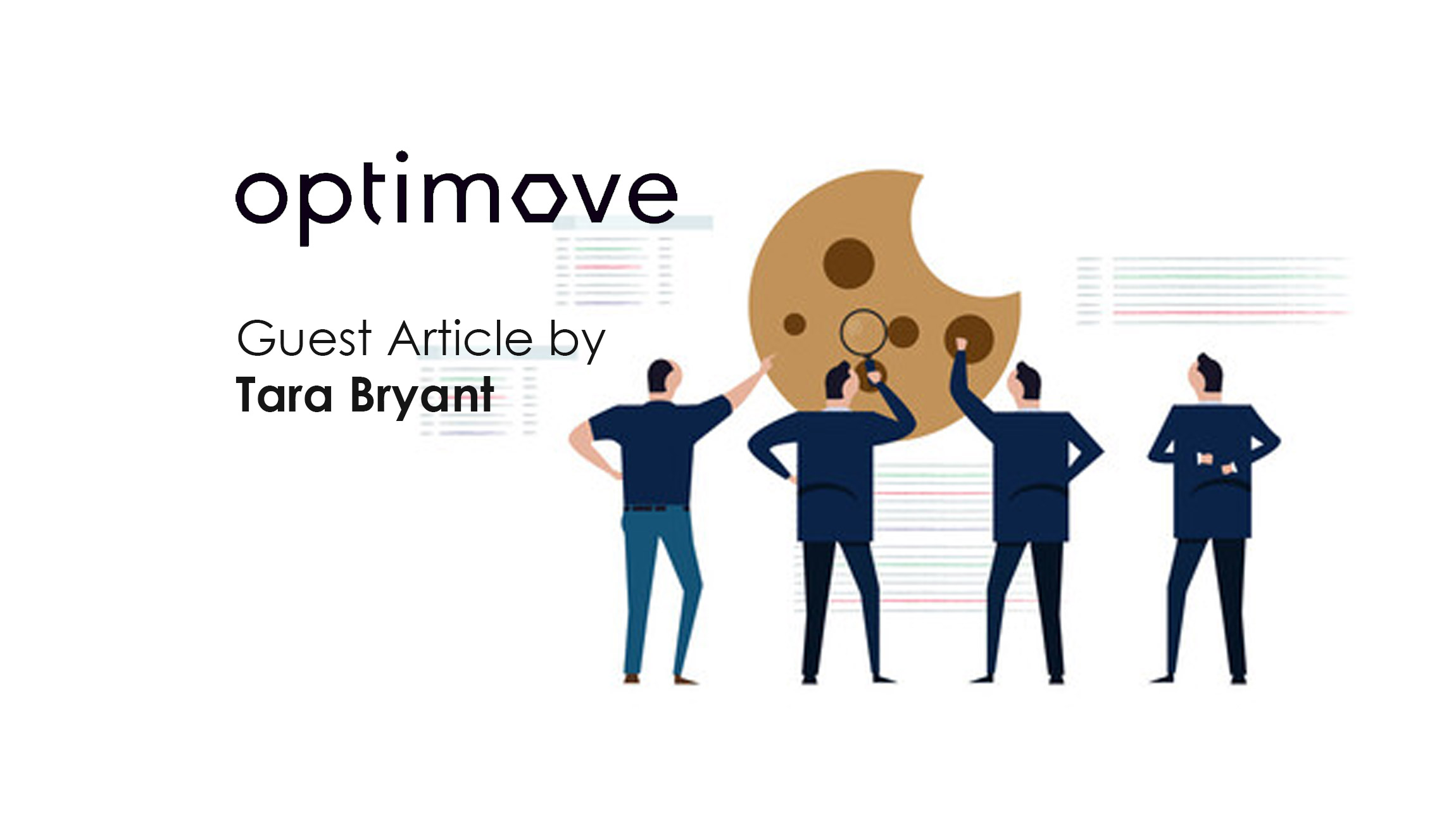Every marketer has been facing the death of the cookie in the past few years — and the saga will continue into 2023. But that is just one of four key issues marketers will need to hit head-on in 2023.
Marketing Technology News: MarTech Interview with Ryan Schram, President & Board Director at IZEA
1. The Death of the Cookie
Simply using third-party data to inform marking campaigns will no longer work. Though the final death of the cookie has been pushed back by Google and others a few times, the reality is that the value of such third-party data has been on life support for a few years.
Even if the third-party cookie wasn’t imminent, first-party data provides marketers with more data and customer-intent accuracy. A robust data collection method can provide more granular and insightful information. For example, suppose a customer indicates via shopping or during a chat session that they are a vegan. In that case, you probably want to focus on products that are from sustainable sources rather than from animals. You can’t read customer clues without being able to read first- and zero-party data.
This trend was exemplified by Apple when it released iOS 15 in September 2021. Those products using the technology comply with Mail Privacy Protection. So, all iPhone Mail app users can now turn on advanced privacy features and prevent marketers from using invisible pixels to collect customer behavior data.
As a result, senders (marketers) won’t know when a recipient opens an email. Additionally, IP addresses are blocked, and users who hide their emails are provided with randomized aliases. It is the new real world.
2. Staffing the Marketing Team
The effects of the Great Resignation reverberate throughout the economy—companies from quick-service restaurants to robotics are affected. Heads of online marketing departments are not immune. People are still needed to design the marketing campaigns, determine when to pull the plug on campaigns that aren’t working, and perform other value-added tasks.
Staff time can be dedicated to tasks that are more valuable to the company and are more challenging, engaging, and interesting for employees and managers.
3. Marketing Budget Reductions
A growing number of economists and leading organizations like The Conference Board forecast a recession for 2023. The debate is whether it will be a short, mild, or prolonged, deep recession. Regardless, during recessions, budgets get cut, sometimes drastically. So online marketers must determine where they generate their best ROI, concentrate efforts there, and eliminate marketing investments that aren’t producing sufficient returns.
To generate the most payback for every marketing dollar spent, any marketing technologies that marketers use must integrate seamlessly to provide customers with a holistic experience. A holistic experience benefits marketers with a full view of the customer. Beyond technologies being fully integrated, marketers must fully integrate customer data. A marketer’s nightmare is for a customer to walk into a store, ask a sales associate for an item, be told it’s out of stock, then have the customer pull out a smartphone and show that a company app shows the product in stock at that location.
4. Rising Cost of Customer Acquisition
Not only are third-party cookies disintegrating from marketing, but the cost of advertising via Facebook, Google, and similar outlets is likely to increase. With increasing costs, marketers will re-examine the quality of new customers coming from these platforms and determine if the ROI is sufficient. If not:
- Advertising should be cut back on one or more of those platforms
- Marketing dollars should be shifted to less costly customer-acquisition platforms, such as online events and direct chats, to generate more thorough first-party data
- Remember that retaining customers and selling them more always delivers a better ROI. Employ new technologies to truly listen to customer needs and wants — let the customer lead the marketing journey. Customer-led marketing has been proven to deliver brands an average increase of 33% in customer lifetime value.
5. Privacy
It used to be that every time there was a significant data breach, people became more aware of privacy issues. Now online customers hear about privacy daily. A cookie notification is a reminder that privacy is a concern.
Therefore, trust between brands and consumers is paramount. Optimove’s September 2022 survey revealed that almost half of 514 U.S. consumers surveyed (48%) responded that they do not trust retailers with their personal information. The bottom line is that customer privacy and trust is step 1 to marketing.
Consumers’ concern about privacy underscores trust. If consumers provide zero- and first-party data, there is a quid pro quo. The marketer will honor confidentiality and offer more profound and personalized value.
Marketing Technology News: Five Survey Tips for Building Brand Affinity and Loyalty
Tips as Marketers Ready for 2023:
1. Start with your customers –
Customer actions need to turn into marketing insights, whether looking to navigate cookie-less marketing, or reduce customer acquisition costs. Understanding your best customers, their behaviors and why they return to your brand will help maximize marketing impact while keeping costs in check.
2. Create an ecosystem –
Modern marketing has been built on the back of technology stacks with solutions that loosely integrate each other. According to Gartner, martech utilization is only 42%due to overlapping and poorly integrated stacks. Building a well-rounded Martech ecosystem that strives to seamlessly capture, share, and activate customer data will help reduce costs, increase data governance, and maximize marketing teams’ time.
3. Build trust –
Building trust with customers has never been more paramount with reduced budgets and increased privacy reservations. Building trust isn’t only about telling customers what data you collect and how you will use it. It is also about how you market. Orchestrating marketing messages to deliver customer value as the goal instead of company revenue is a great way to start.
The bottom line is that an online marketer needs to be extremely careful to ensure that customer information is only for those purposes agreed to by the customer. If you violate customers’ trust, their business is gone forever. Trust me on that.











